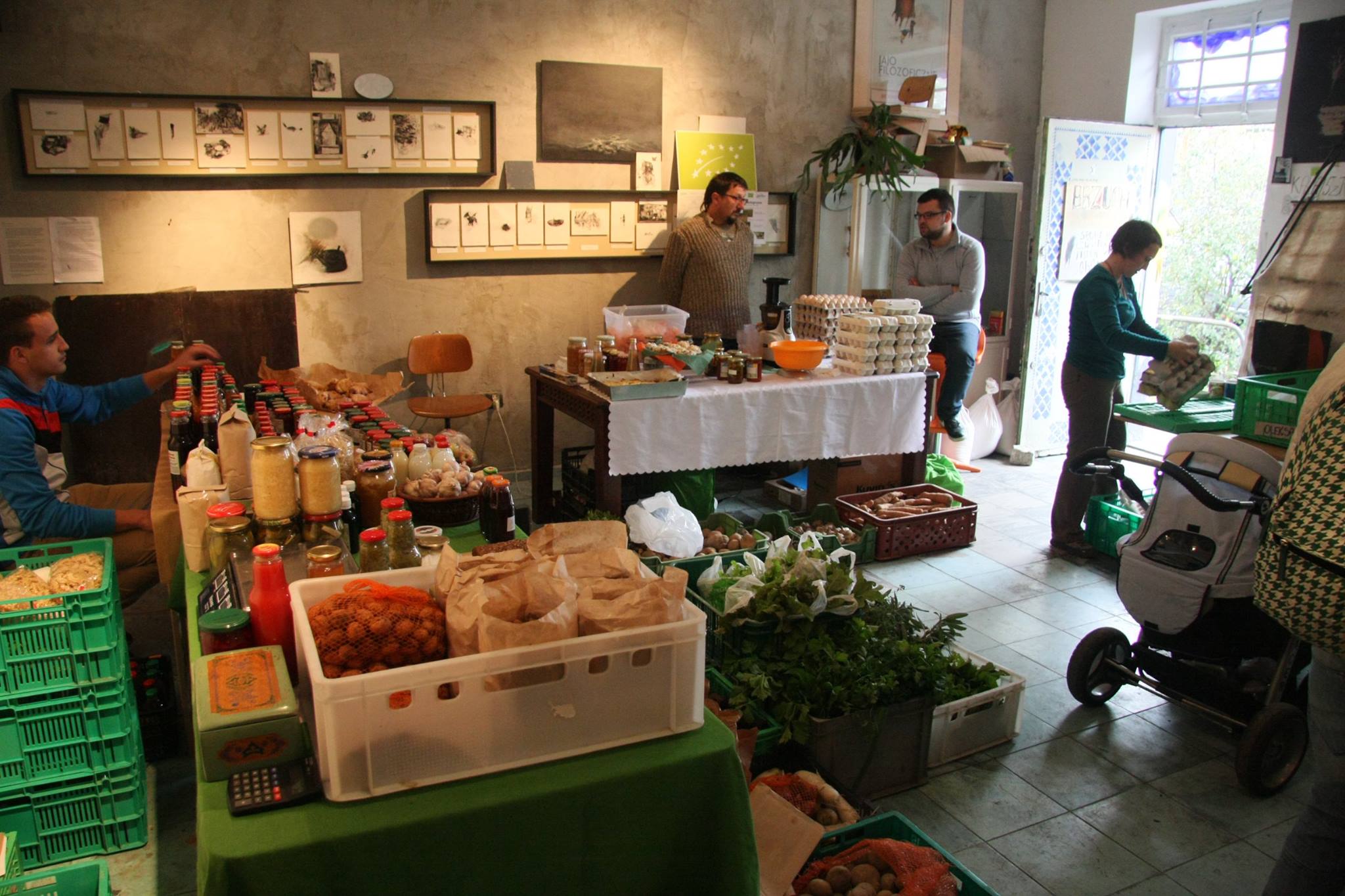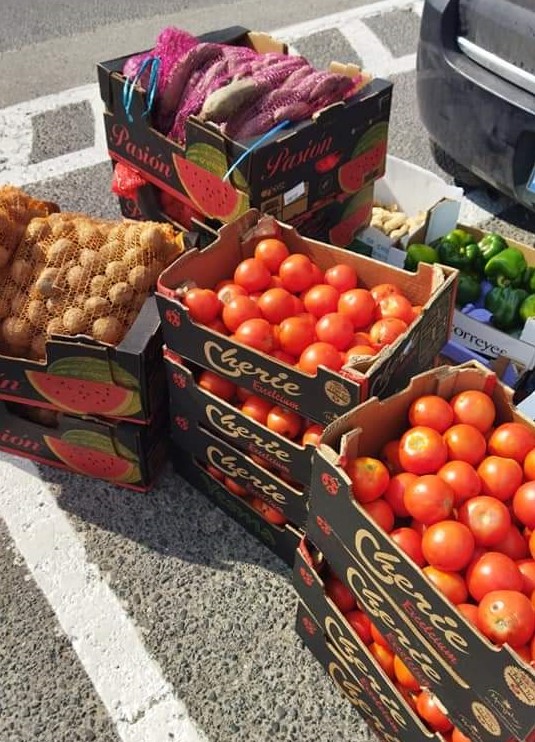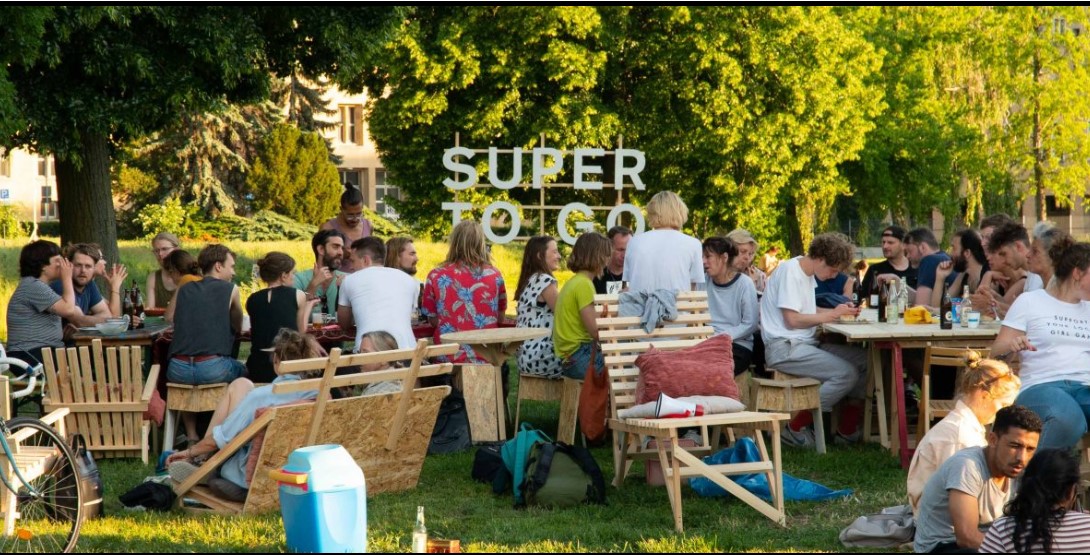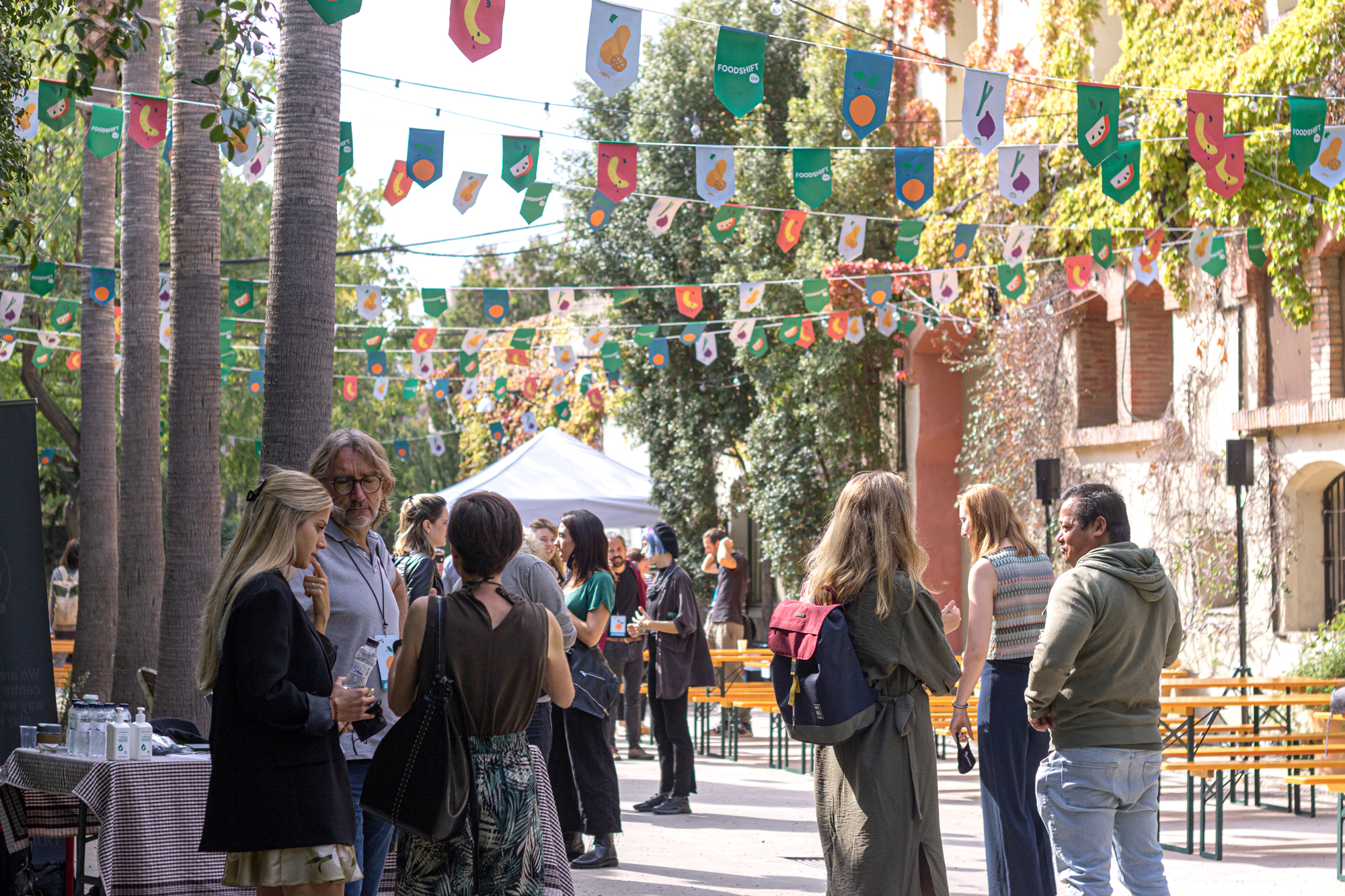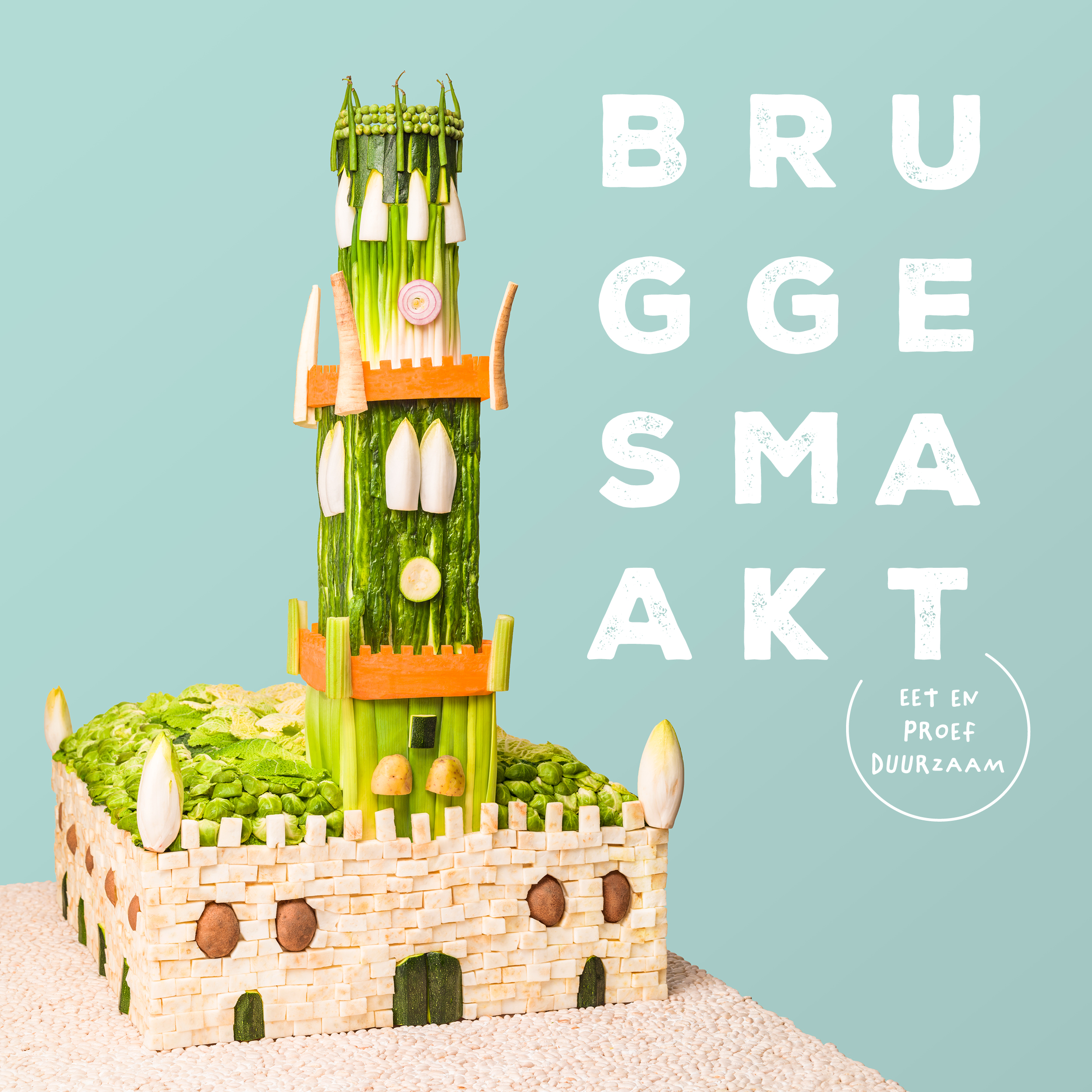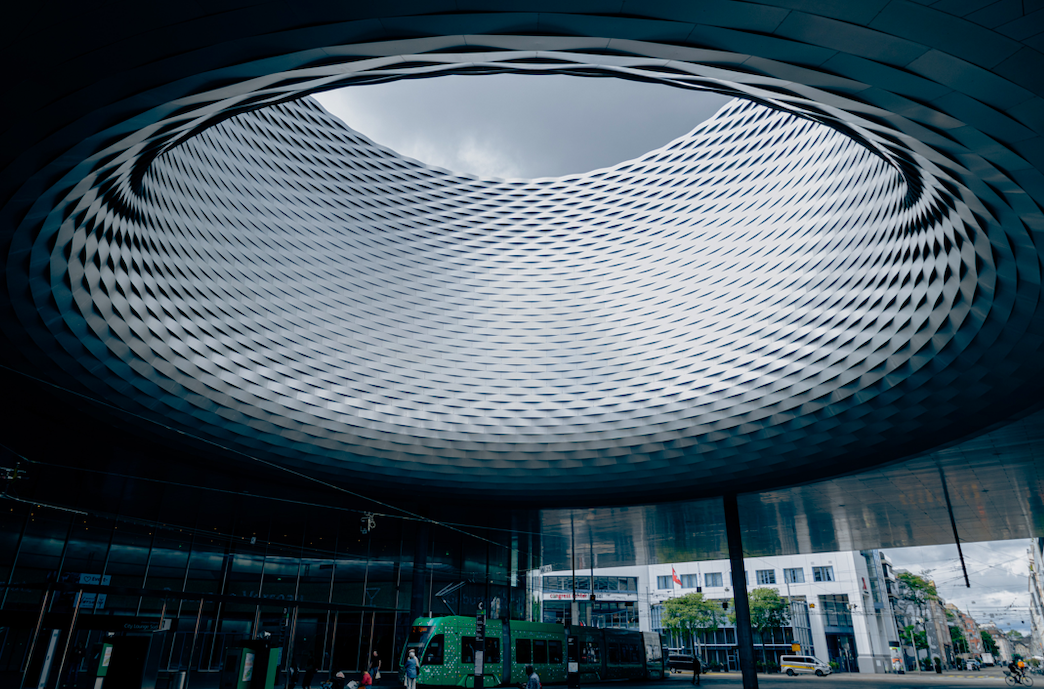Querfeld
05 August 2022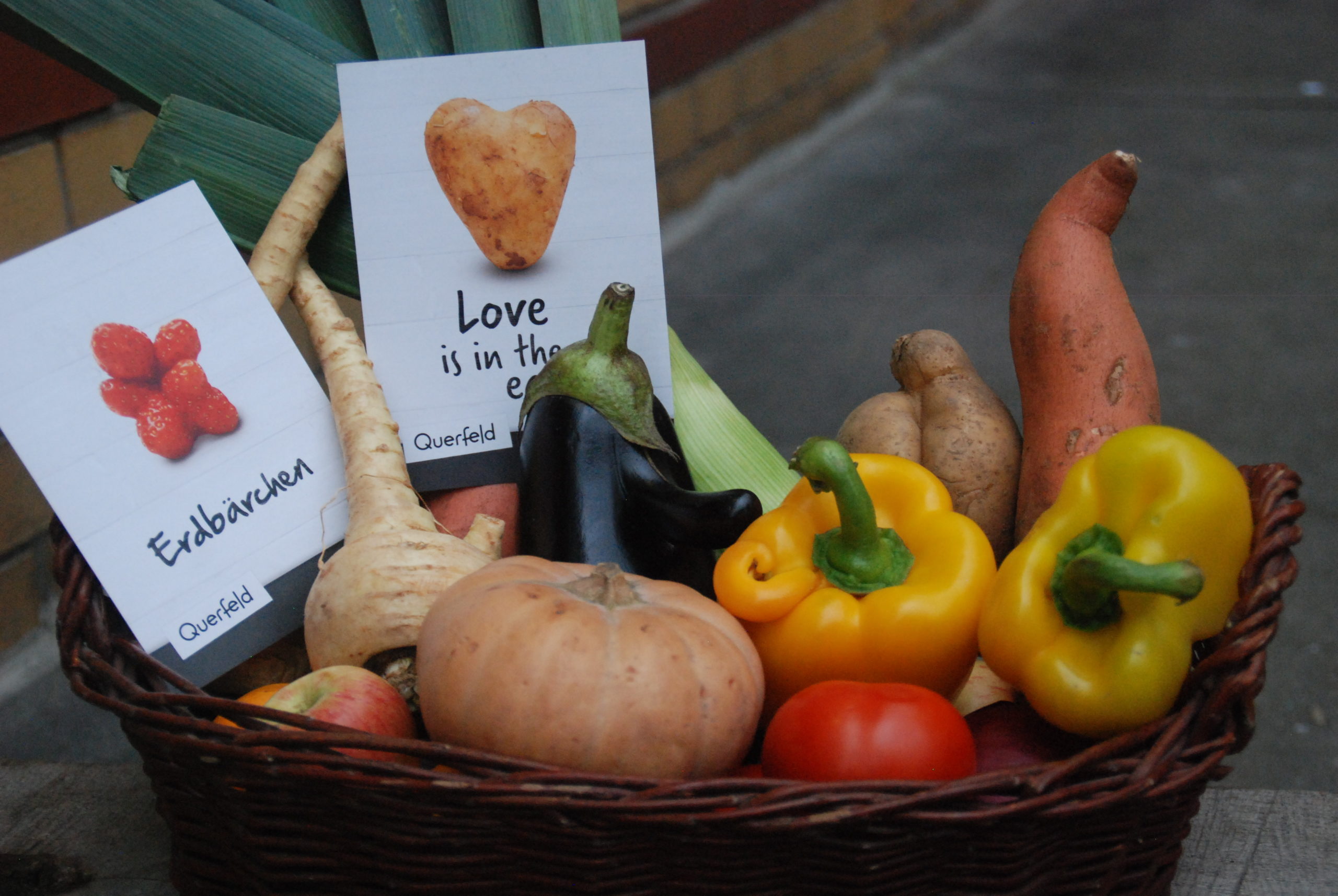
Querfeld
Berlin, Germany
THE INNOVATION
Motivated by tackling the problem of food waste, Querfeld was founded in 2016 out of a student project with the vision to supply fair and sustainable food for all. Once a rather small team with few connections to farmers, Querfeld grew into a bigger group of motivated people to prevent food waste, by trading unconventional or “crooked” organic fruits and vegetables – meaning the products are in nonconform shapes or sizes which are not suitable for the regular market. Querfeld has numerous long-term relationships with growers, and logisticians with whom they deliver weekly to kitchens ranging from daycare centers to company restaurants, and to private customers via drop off points throughout the city – named by Querfeld as “Feldbotschaften”.
LOOKING AHEAD:
Querfeld’s larger vision is to ensure a sustainable food supply for all people, by saving food that deviates from the norm and thus counteracting food waste. To reach this goal, Querfeld aims for expanding to more regions in Germany (upscaling).
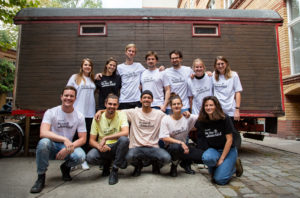
More Information:
Website: www.querfeld.bio
Contact Person: Frederic Goldkorn
Email: [email protected]
Info about the Innovators and the Innovation portraits Catalogue
FoodSHIFT 2030 aims to launch an ambitious citizen-driven transition of the European food system towards a low carbon circular future, including a shift to less meat and more plant based diets. This transition is necessary in order to address the pressing challenges for food and nutrition security, contribute to the EU commitment of reducing GHG emissions by at least 40% by 2030, and revitalize urban-rural linkages and partnerships.
To do so, it establishes FoodSHIFT Accelerator Labs for maturing, combining, upscaling and multiplying existing food system innovations across nine front-runner city-regions. In turn these innovations contribute to the FoodSHIFT vision.
An Innovation Catalogue called “Innovation Portraits” was created to snapshot each of the Food Innovations connected with each of the FoodSHIFT Accelerator Labs (FALs) across the 9 city regions.
Info about the Innovation Portraits Catalogue
The Innovation Catalogue will snapshot each of the Food Innovations connected with each of the FoodSHIFT Accelerator Labs (FALs) across the 9 city regions. Each FAL has a dedicated innovation focus and each chapter will present innovation cases from a particular FAL. For each of the innovations presented, a snapshot of the innovation concept and purpose will be given, alongside the key impacts the innovation has in relation to the FoodSHIFT Impact Pathways and the acceleration ambitions of the innovation.
In addition, each innovation portrait is also categorized according to its Innovation Dimension. These dimensions indicate what kind of innovation is being presented, and where in the value chain it plays a role. This is indicated by these tabs. The dimensions are defined as follows:
Product – Innovations in this category address new or updated products, including quality, safety and market impact.
Process – These innovations are relevant to new technologies for processing, logistical improvements, infrastructure and new/improved services.
Social – Innovations in this category are relevant to changes in behaviour (e.g. consumers/citizens), development of new relationships and inclusiveness.
Governance – The innovations address policy developments, including food planning, subsidies, taxing, certificates & labelling.
Learn more about all the Innovation portraits: https://foodshift2030.eu/meet-the-people-changing-your-food-system/
